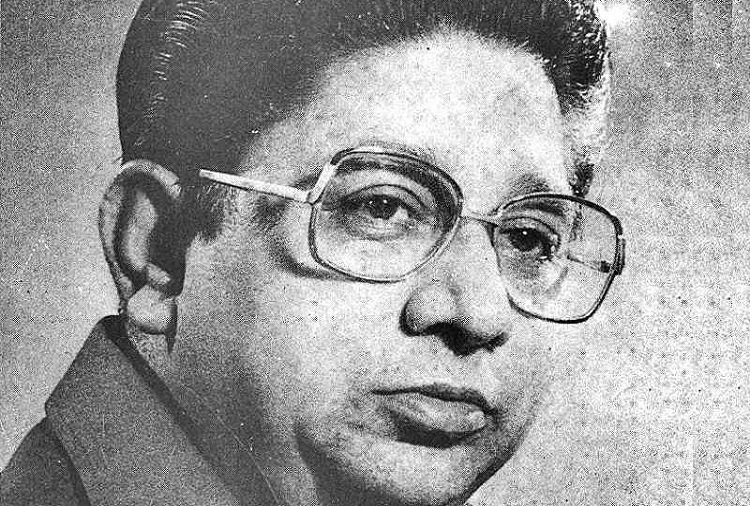Shrikant Verma was born in Bilaspur, Madhya Pradesh. His primary education was arranged in Bilaspur itself. After acquiring MA in Hindi from Nagpur University in 1956 he embarked on the literary journey as a journalist. He remained associated with magazines like Shramik, Kriti, Dinman and Varnika and others. The Government of Madhya Pradesh honored him with awards Tulsi Pruskar, Acharya Nanddulare Bajpayee Pruskar and Shikhar Samman. Kumaran Ashan National Award of Kerala also was awarded to him.
We find anger and wrath towards discrepancies and corruptions in the society and time in the poetry of Shrikant Verma Ji. Bhatka Megh, Dinarambh, Mayadarpan, Jalsadhar and Magdh are his popular poetry collections. We feel while reading these poems that the poet has cordial connection with his background and struggling human being. He is constantly concerned as to his self-pride and future. If Shrikant Verma Ji accepts traditions on the one hand he is restless to break and change them as well on the other. At the onset his poems express the text and texture of his land and rural life, however they begin to explore the understanding of the metropolis until he approaches Jalsa Ghar, or in other words they get converted in a sensitive narrative against urbanization and inhumanity. Moreover, the entire world living in the terror of marginalization, exploitation and barbarism fall within their compass. The realism expressed in his poetry influences us on their own level. His last poetry collection ‘Magdh’ outlines effectively the fear of the ruling class and its dark future.
Other important works of Shrikant Verma Ji are Jhadi Sanwad (Short Stories), Doosri Bar (Novel), Jirah (Criticism), Apollo Ka Rath (Travelogue), Faisle Ka Din (Translation) and Biswin Shatabdi Ke Andhere Men (Interview and Conversations)
One of the poems of Shrikant Verma Ji titled Hastkshep is included in Hindi Textbook of Class 11 of NCERT. The cruelty of the government and its resultant resistance has been highlighted in this poem. Interference and resistance are needed from time to time to make the system democratic and secular; otherwise, the system turns despotic and uncontrolled. This very kind of system has been dealt with in this poem where no scope has been left for any opposition. The poet asks where even a dead man can ask, why the living human being keeps silent in that society. (Hamid Siddiqui)


Leave a Reply